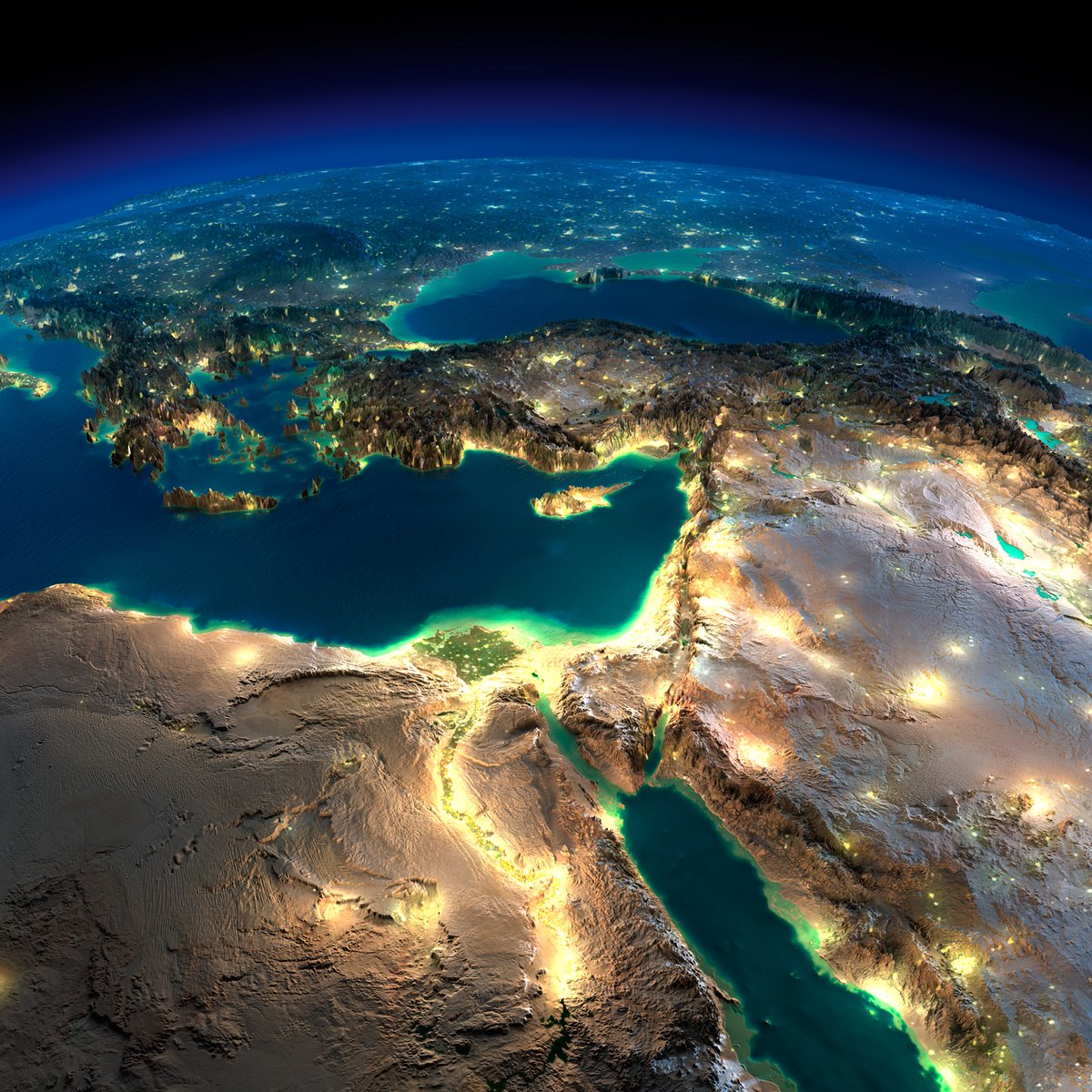THREAD #Elul -> As students return to school for the new academic year after such a challenging period, it once again reminds me how for Jews, education is not just what we know. It’s who we are. 

No people ever cared for education more. Our ancestors were the first to make education a religious command, and the first to create a compulsory universal system of schooling. The rabbis valued study as higher even than prayer.
The Egyptians built pyramids, the Greeks built temples, the Romans built amphitheatres. Jews built schools. They knew that to defend a country you need an army, but to defend a civilisation you need education.
So Jews became the people whose heroes were teachers, whose citadels were schools, and whose passion was study and the life of the mind.
The first duty of a Jewish parent is to ensure that their children have a Jewish education. Why? Because the world is changing ever faster.
In a single generation, nowadays, there is more scientific and technological advance than in all previous centuries since human beings first set foot on earth. In uncharted territory, you need a compass. That’s what Judaism is. It guided our ancestors through good times and bad.
It gave them identity, security, and a sense of direction. It enabled them to cope with circumstances more varied than any other people have ever known. It lifted them, often, to heights of greatness.
Why? Because Judaism is about learning. Education counts for more in the long run than wealth or power or privilege. Those who know, grow. Give your children a deep and wide Jewish education and you will be giving them the peace of knowing who they are and why.
There are only two other things more powerful still. First, practise at home what your children learn at school. Children need to see consistency. Otherwise they become confused, and eventually rebel.
Second, let your children be your teachers. Over the Shabbat or Yom Tov table, and especially over the coming Yamim Noraim, let them share with you what they have learned at school during the week.
You will be amazed at the pride you give them because you have allowed them to give something to you.
• • •
Missing some Tweet in this thread? You can try to
force a refresh









